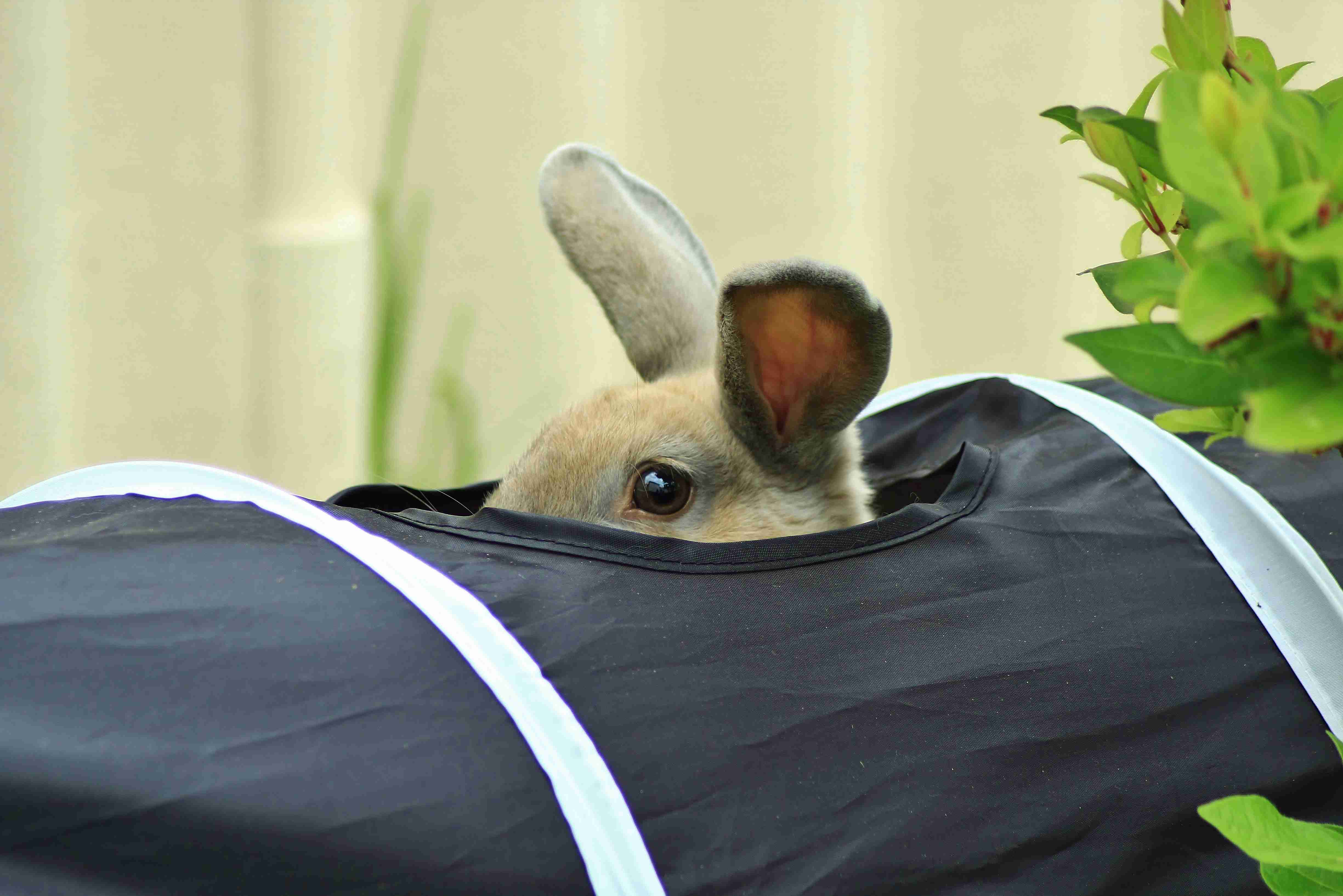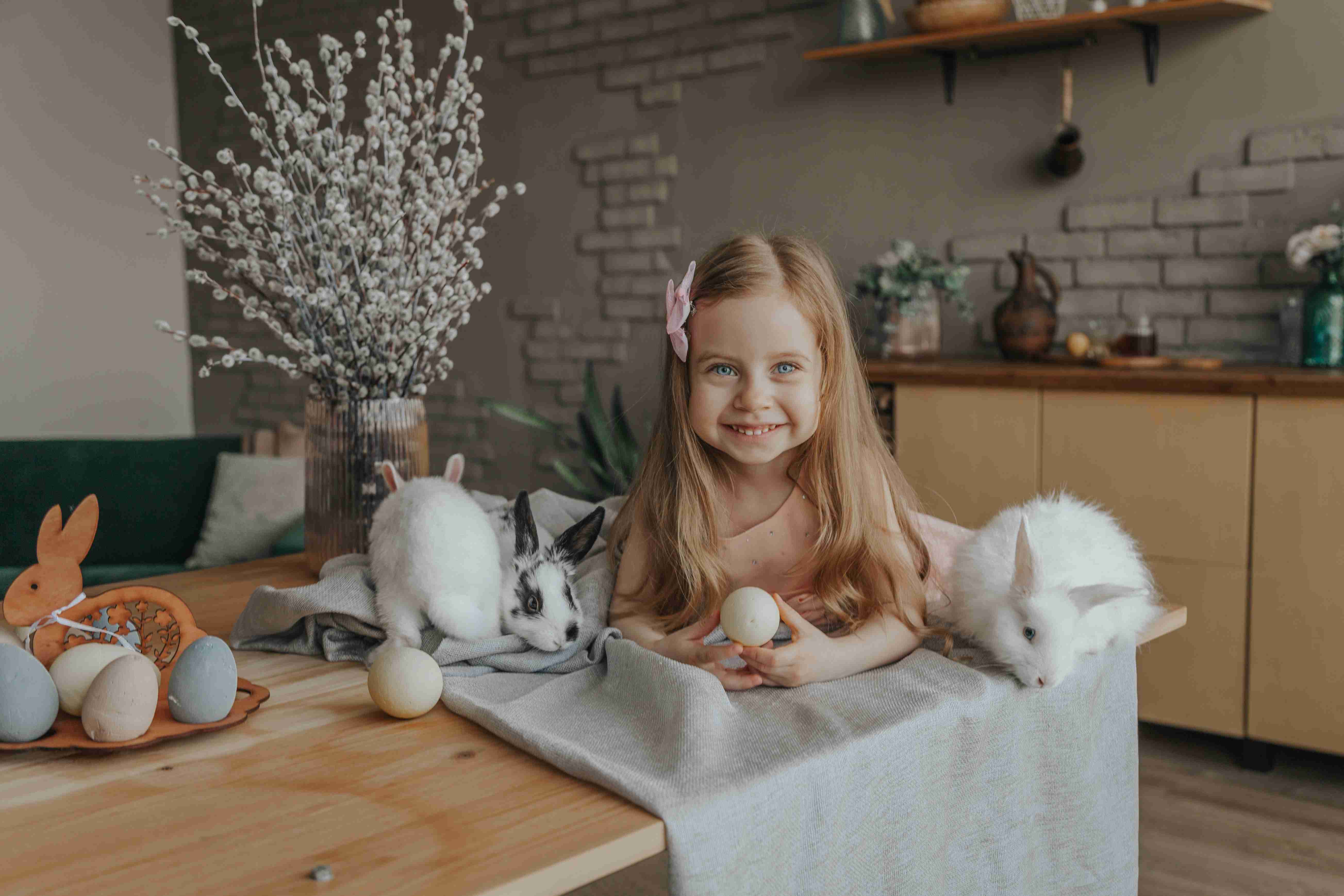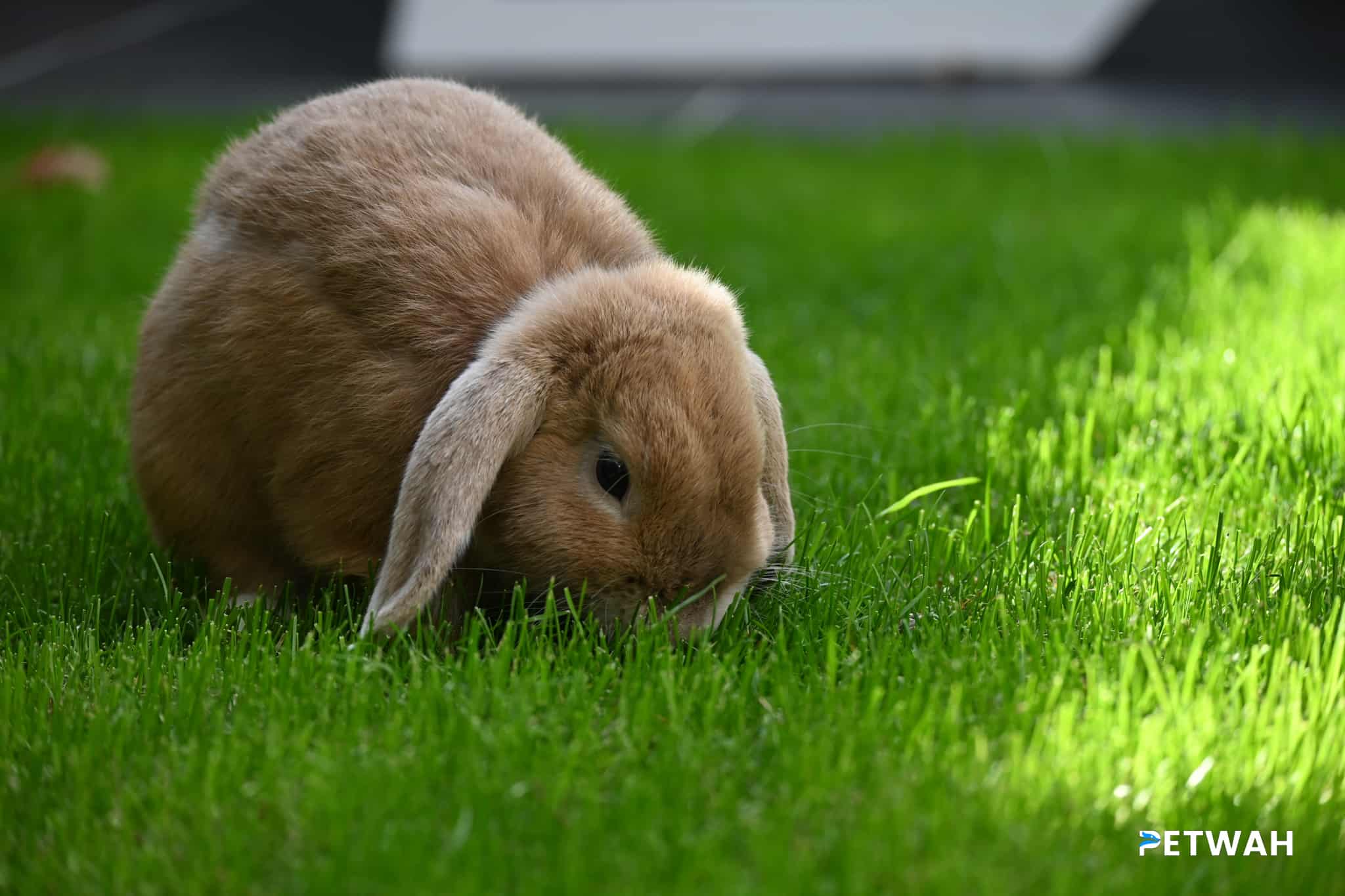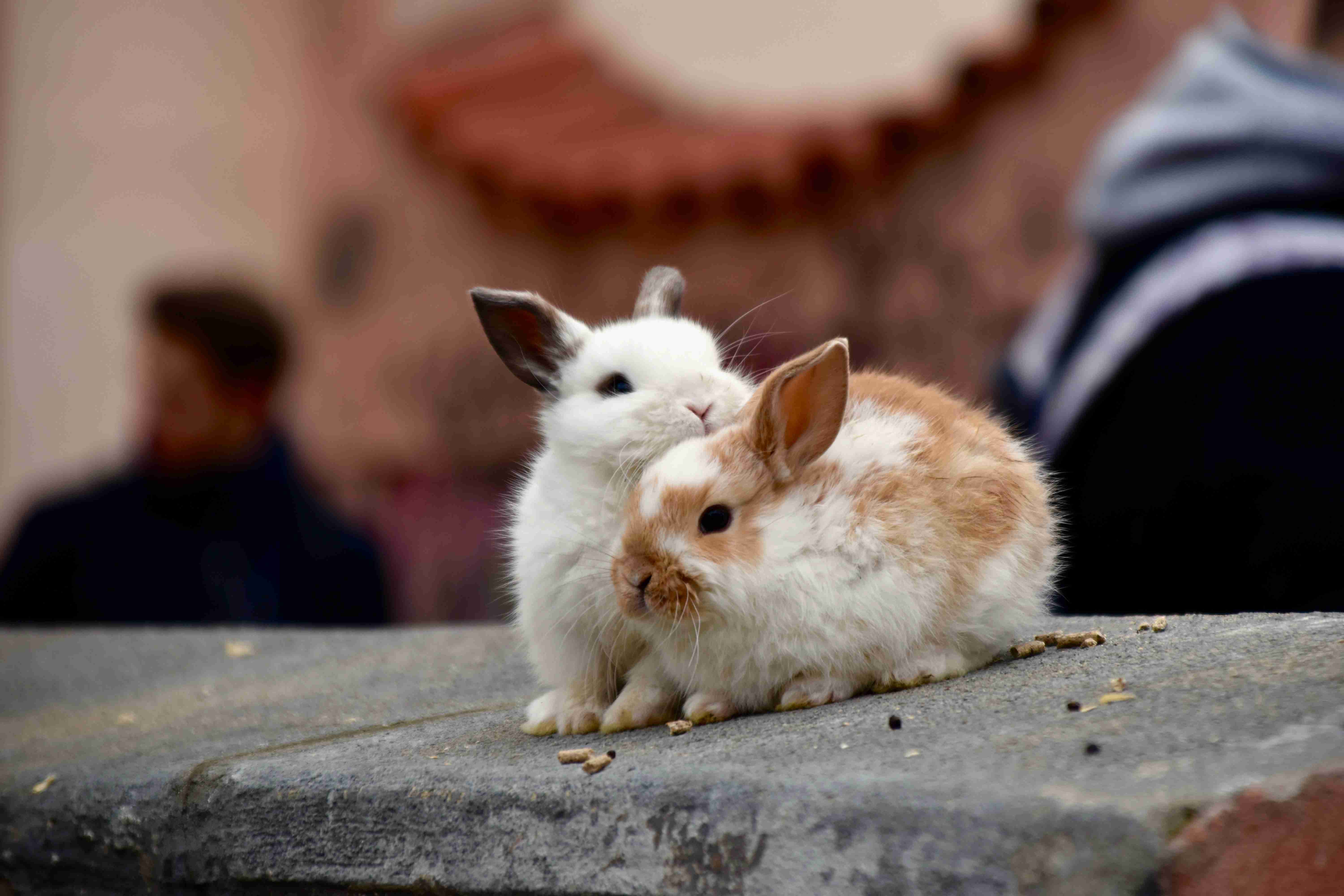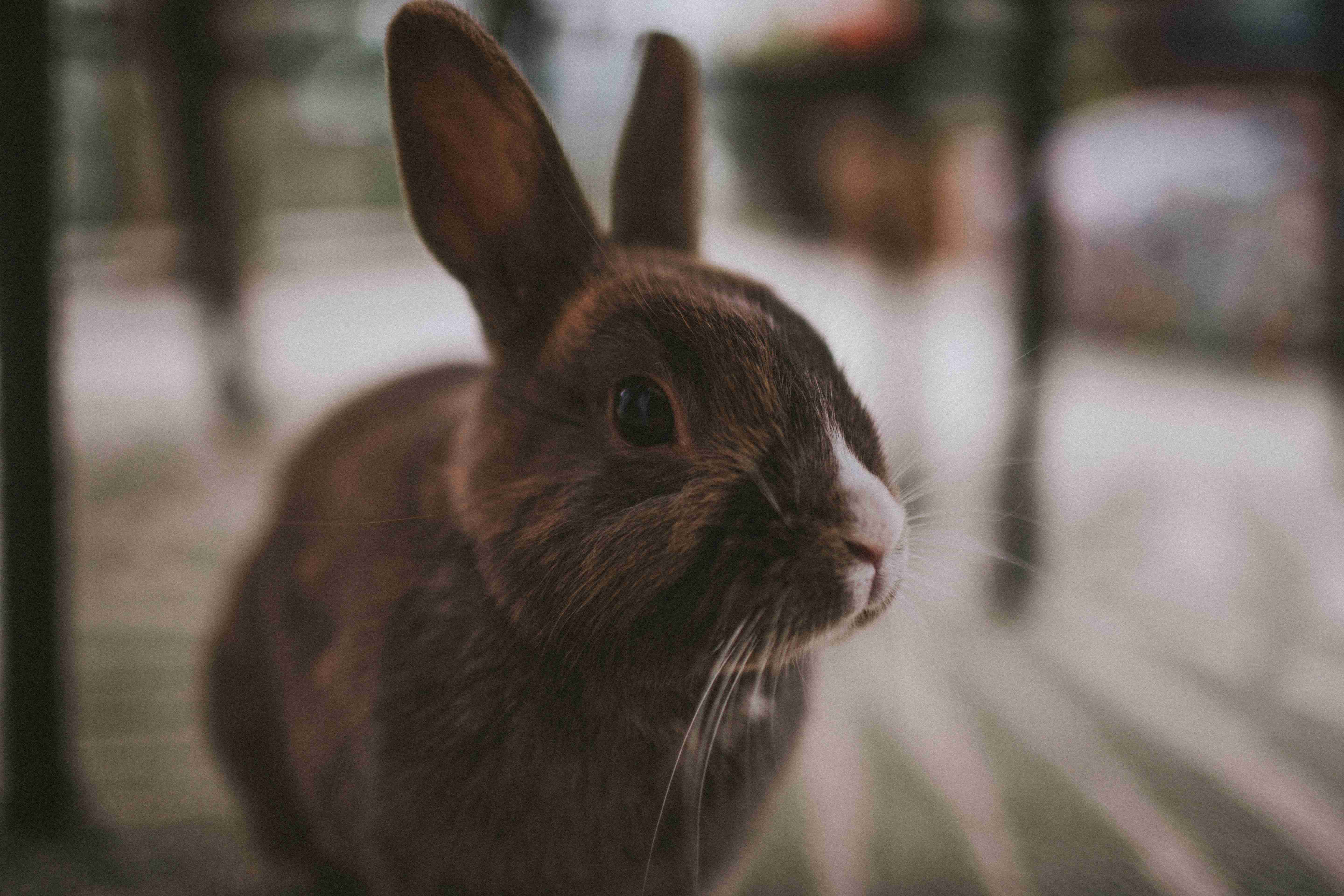Rabbits are adorable and affectionate pets that bring us so much joy and comfort. However, as much as we love our furry friends, they are prone to respiratory issues that can be dangerous and sometimes fatal if not addressed promptly. As a responsible rabbit owner, it’s crucial to be aware of the common respiratory problems that affect your pet and take proactive steps to prevent them. In this ultimate guide, we’ll explore everything you need to know about how to keep your rabbit’s respiratory system healthy and functioning optimally. So, sit back, relax, and let’s dive in!
Rabbits are adorable pets that require proper care to keep them healthy and happy. One of the most common health issues that rabbits face is respiratory problems. These issues can range from minor colds to severe respiratory infections that can be fatal if left untreated. As a rabbit owner, it’s essential to know how to prevent respiratory issues in your rabbit to ensure their overall well-being. In this ultimate guide, we’ll explore some tips and tricks to help you prevent respiratory issues in your rabbit.
1. Keep the Environment Clean and Dry
Keeping your rabbit’s living space clean and dry is crucial in preventing respiratory issues. Rabbits are sensitive to damp and dirty environments, which can cause respiratory infections. Regularly clean your rabbit’s living space and remove any damp or dirty bedding. Use a high-quality rabbit-safe disinfectant to clean the cage and its accessories.
2. Provide Proper Ventilation
Proper ventilation is vital for preventing respiratory issues in rabbits. Make sure your rabbit’s living space has adequate ventilation to prevent the buildup of harmful gases. Avoid placing the rabbit’s cage in a drafty area, but ensure there is enough air circulation.
3. Avoid Exposure to Smoke and Dust
Rabbits are sensitive to smoke and dust, which can cause respiratory problems. Avoid exposing your rabbit to cigarette smoke, fireplace smoke, and other types of smoke. Additionally, keep your rabbit away from areas with high levels of dust, such as construction sites.
.jpg)
4. Monitor Humidity Levels
High humidity levels can also cause respiratory problems in rabbits. Monitor the humidity levels in your rabbit’s living space and keep it between 30-50%. Use a dehumidifier if necessary.
5. Provide a Balanced Diet
A balanced diet is essential for maintaining a healthy immune system in rabbits. Feed your rabbit a diet that is high in fiber and low in carbohydrates and fats. Fresh hay should make up the majority of your rabbit’s diet, along with fresh vegetables and a small amount of pellets.
6. Keep Your Rabbit’s Immune System Strong
A strong immune system is crucial in preventing respiratory issues in rabbits. Provide your rabbit with regular exercise and mental stimulation to keep them active and engaged. Additionally, ensure your rabbit is up to date on their vaccinations and deworming.
Overall, prevention is key when it comes to respiratory issues in rabbits. By following these tips, you can help keep your rabbit healthy and happy. If you notice any signs of respiratory problems, such as coughing, sneezing, or difficulty breathing, seek veterinary care immediately. With proper care and attention, you can help your rabbit live a long and healthy life.
In conclusion, respiratory issues can be a serious concern for your rabbit, but by taking the necessary steps to prevent them, you can help ensure that your furry friend stays healthy and happy. Remember to provide a clean living environment, avoid exposing your rabbit to harmful substances, and keep an eye out for any signs of respiratory distress. And if you do notice any symptoms, don’t hesitate to seek veterinary care right away. With the right care and attention, you can help your rabbit breathe easy and enjoy a long and happy life.


.jpg)
